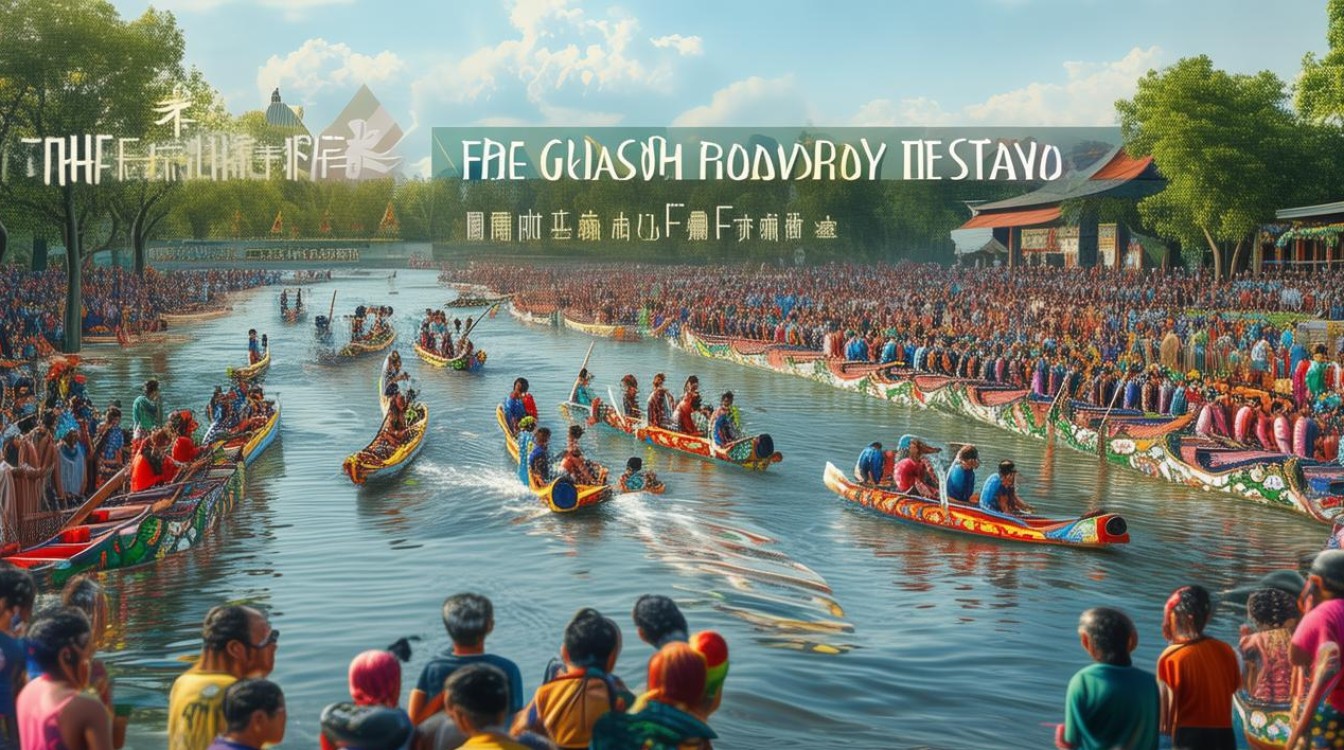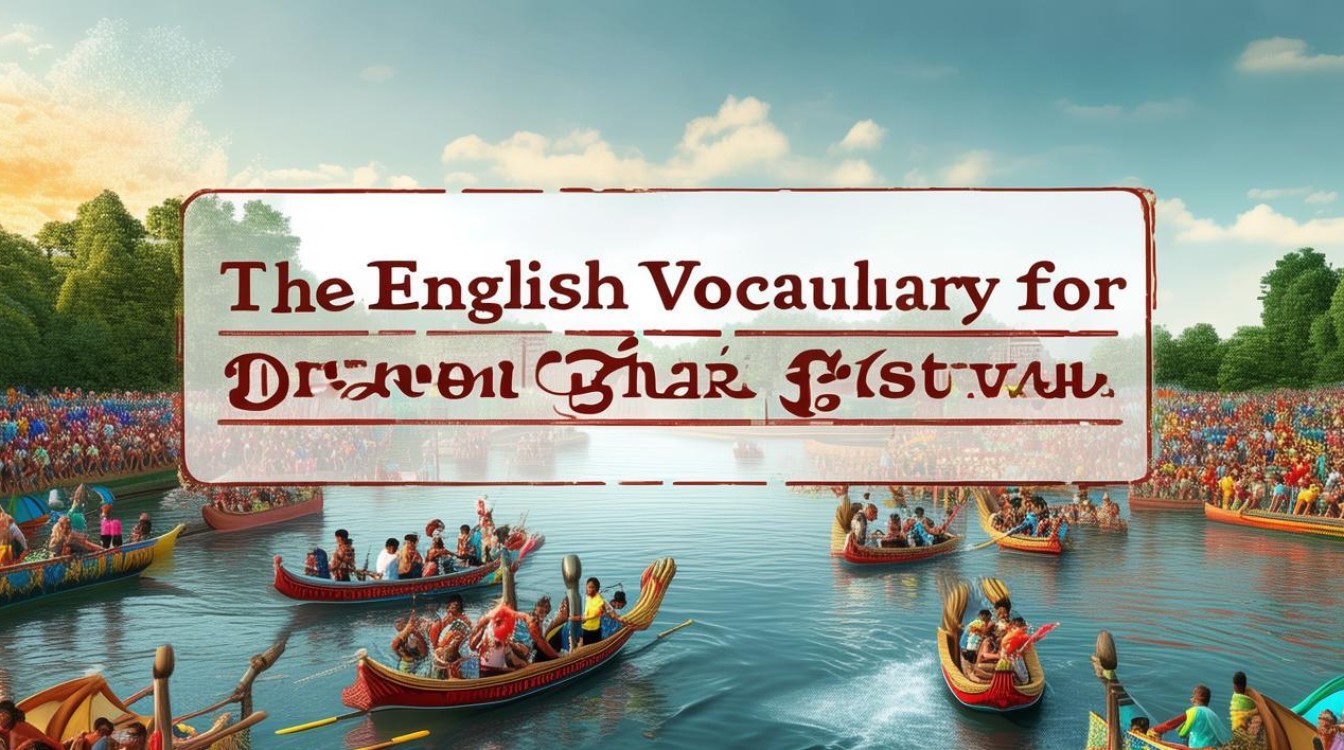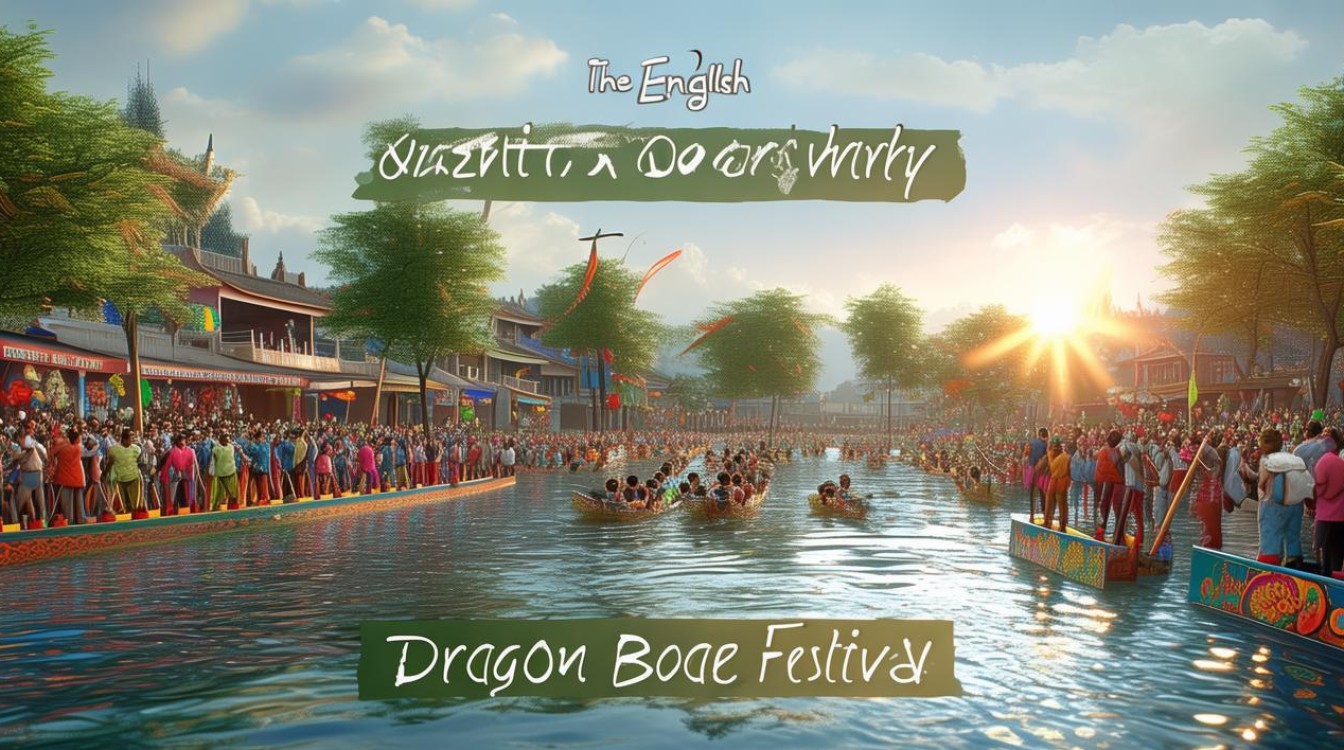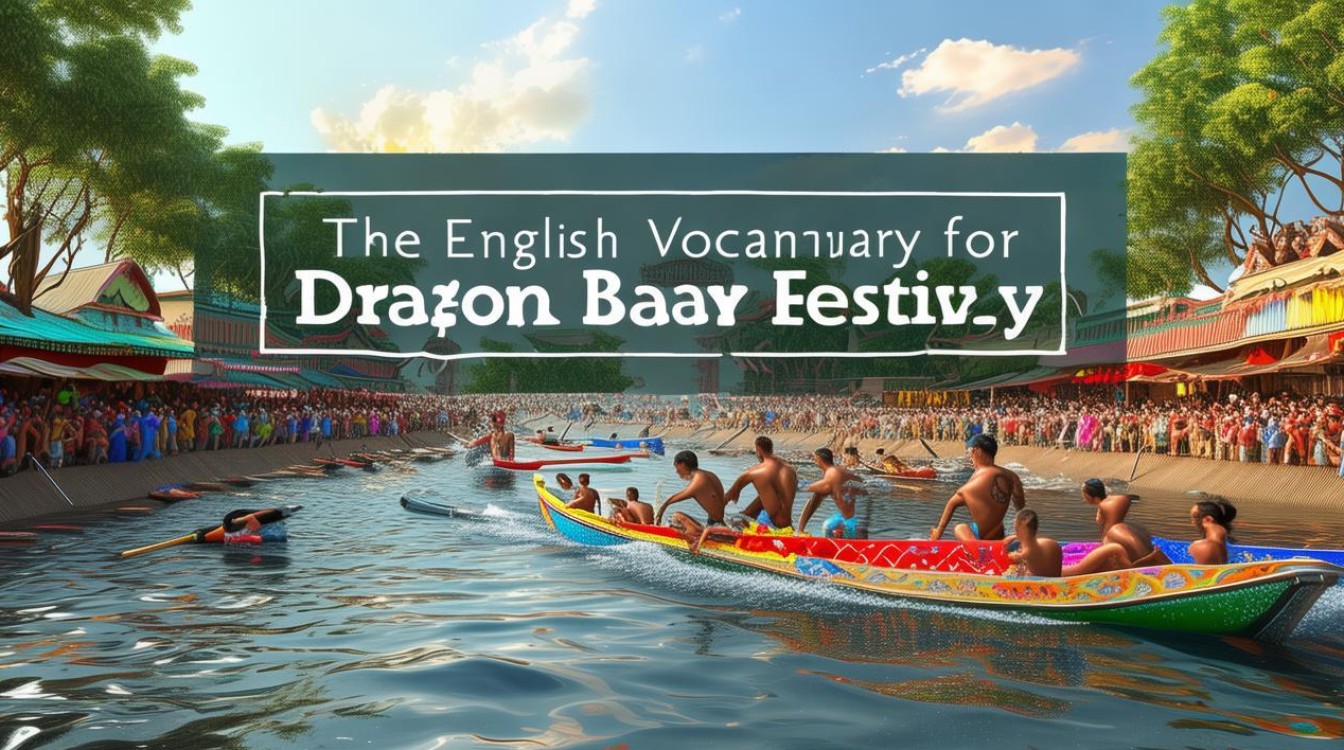The Dragon Boat Festival, known as Duanwu Festival in Chinese, is a traditional holiday with deep cultural roots. For website visitors looking to understand its English terminology, this guide covers essential words and phrases, along with cultural context to enhance comprehension.

Core English Terms for Dragon Boat Festival
- Dragon Boat Festival – The most common English name, directly referencing the iconic dragon boat races.
- Duanwu Festival – The Mandarin pinyin transliteration, often used in academic or cultural discussions.
- Zongzi – Sticky rice dumplings wrapped in bamboo leaves, a festival staple. No direct English translation exists, so the Chinese term is standard.
- Realgar Wine (Xionghuangjiu) – A traditional alcoholic drink believed to ward off evil spirits.
- Dragon Boat Racing – The competitive team paddling sport central to celebrations.
- Ay Tsao (Artemisia argyi) – Mugwort leaves hung on doors for protection, sometimes called "Chinese wormwood."
- Qu Yuan – The patriotic poet whose legend is tied to the festival’s origin.
Cultural Significance Behind Key Terms
Understanding these words requires context. For example:
- Zongzi symbolize the rice offerings thrown into the river to honor Qu Yuan.
- Dragon Boat Racing reenacts the rescue attempt for Qu Yuan, blending sport and folklore.
- Realgar Wine reflects ancient health customs, though modern celebrations often omit it due to safety concerns.
Common Misconceptions in Translation
Some terms lose nuance in translation:

- "Duanwu" literally means "the fifth day of the fifth lunar month," but English simplifies it to "Dragon Boat Festival."
- "Xionghuangjiu" is sometimes mistranslated as "yellow wine," but "realgar wine" (referencing its mineral content) is more accurate.
How to Use These Terms Naturally
In sentences:
- "During the Dragon Boat Festival, families gather to eat zongzi and watch dragon boat races."
- "The legend of Qu Yuan is why we celebrate Duanwu Festival."
For SEO purposes, integrate keywords like "Dragon Boat Festival traditions" or "how to make zongzi" to align with search intent.

Why Accurate Terminology Matters
Precise vocabulary preserves cultural authenticity. Misusing terms like "Chinese rice dumplings" instead of "zongzi" dilutes the festival’s identity. For educators or content creators, sticking to standard terms ensures clarity.
The Dragon Boat Festival’s English lexicon bridges cultures while honoring its heritage. Whether discussing recipes or rituals, using these words correctly enriches global appreciation for this vibrant holiday.

Exploring these terms isn’t just about language—it’s a window into centuries of tradition, from Qu Yuan’s sacrifice to the communal joy of racing and feasting. As interest in Chinese culture grows, so does the value of getting the details right.


